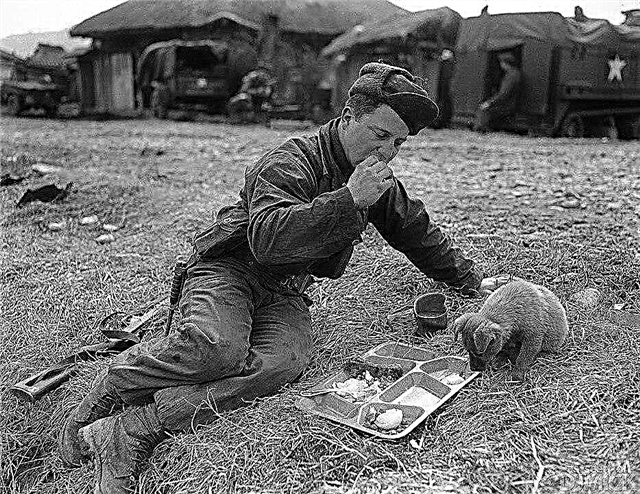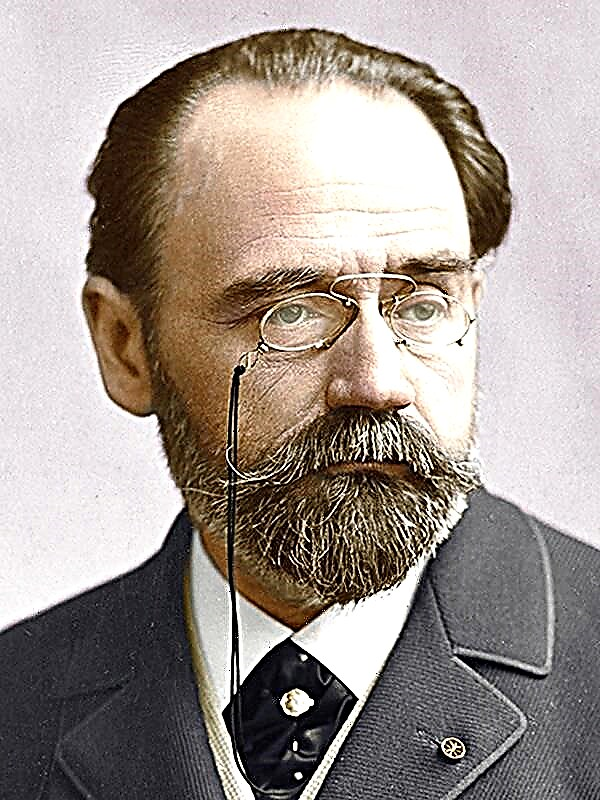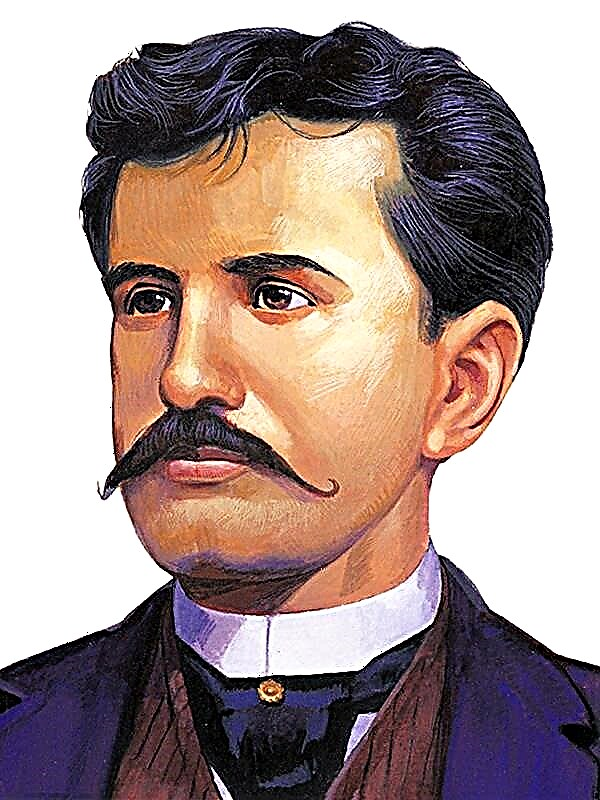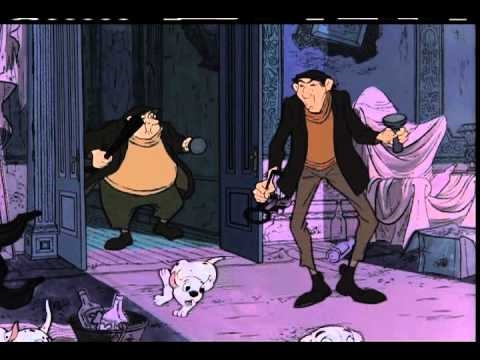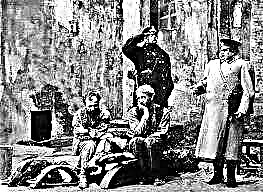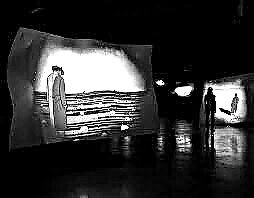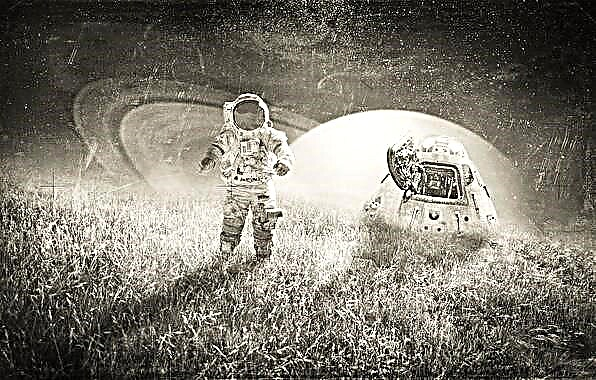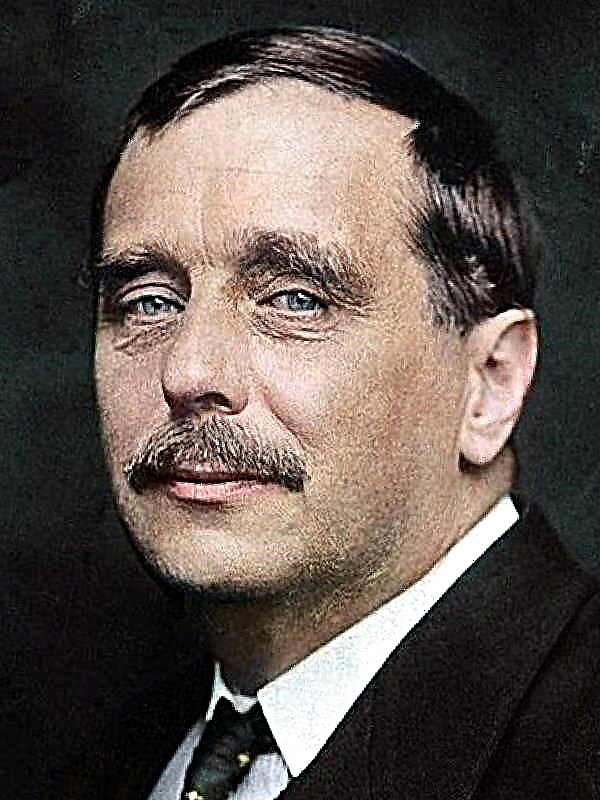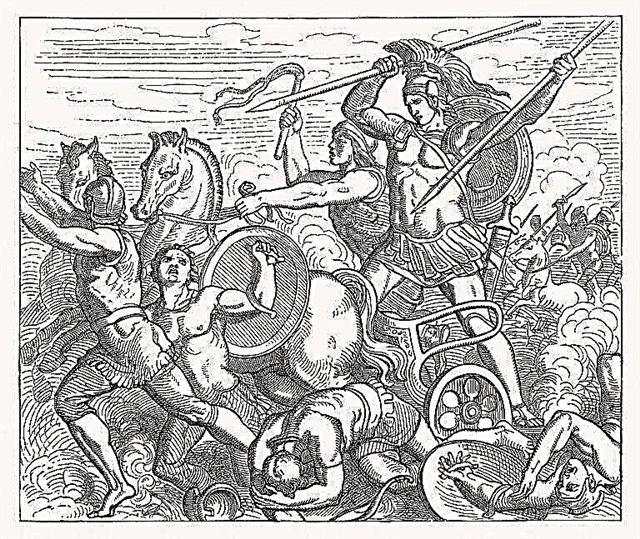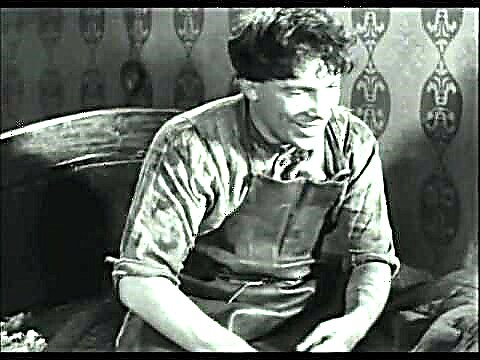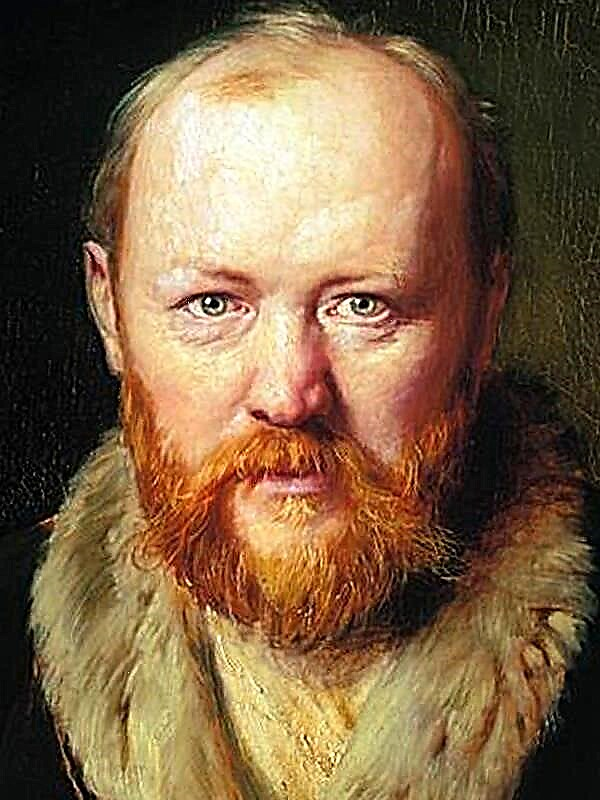Generosity is that quality which testifies to human virtues and is encouraged by society. In contrast, revenge can be interpreted ambiguously: the vendetta is not always condemned, on the contrary, it is often associated with the concept of honor, while revenge for past grievances is recognized as a weakness of character and soul.
Generosity
In his epic novel War and Peace, L. Tolstoy reveals the theme of generosity through central characters.
- (Qualities of a generous person who can be called such) For Natasha Rostova, helping people is a natural desire, she never thinks about her own benefits, on the contrary: she donates carts intended for the removal of her family’s property to wounded soldiers. She is not sorry to leave her things, because she understands that the soldiers need much more carts. Among them is the dying Andrei Bolkonsky, who broke the engagement with Natasha because of her temporary hobby by Anatole Kuragin and considered her a “fallen woman”. But the heroine does not hold evil at him and helps his sister Marya to look after him. The magnanimous girl escorts her groom on her last journey, helping him to find harmony at least in the last moments. All these actions characterize a truly magnanimous person who is inherent in such features as nobility, kindness, and the ability to empathize with someone else's grief.
- (Generosity in war and against all odds) Pierre is the owner of “one of the best conditions in Russia,” but money does not make him a negative character. On the contrary, the young Count, albeit impractical and awkward, remains simple-minded and good-natured. He is trying to justify Natasha before Andrei Bolkonsky, finds the strength to forgive his lover's wife, Dolokhov, who is first wounded in a duel, and then worried about his condition. Pierre rarely scolds his servants, generously maintains a house for the poor in the capital. During the war, he performs truly heroic deeds: rescues a girl during a fire, which hid under a bench, protects a woman from French soldiers adhering to her. Pierre, being a nobleman, could leave for a safe place, but he chooses a different path - an indifferent person forgets about the danger and helps those who need it. No wonder Prince Andrew called him the "golden heart."
- (How to become a generous person?) At the beginning of the novel, Andrei Bolkonsky appears before the readers as a strict and tough person. He falls madly in love with Natasha Rostov, and after her brief hobby for another man categorically calls her “fallen woman”, which he cannot forgive. He breaks the engagement and goes to the front, although he swore that he would no longer fight. During the battle, he is wounded, and he is next to his opponent - Anatole Kuragin. The prince does not feel the gloating when his leg is amputated. In the heart of the hero is now pity and love, he has enough spiritual strength and generosity to forgive those who once insulted him and broke his heart. So, the reader sees the spiritual rebirth of the hero, the reason for which is maturity. Andrei was ill with anger and, seeing human suffering, he realized how wrong he was when he hated those who offended him. I am convinced that generosity comes to a person along with life experience.
- (Generosity saves lives and remains in memory forever) One of the kindest characters in the work is a historical person - the great commander Mikhail Kutuzov, who is called "folk". He sincerely worries about soldiers who do not even have good boots, trying to encourage his officers with a kind word. The writer has repeatedly noted that the hero flashes a smile when he turns to his troops. After the Battle of Austerlitz, which was struck by the number of senseless victims, Kutuzov did everything so that the soldiers did not become "cannon fodder", so he orders to leave Moscow. It was painful for him as a patriot to leave the ancient capital of his homeland, but the life of ordinary people was more important to him. Generosity put his reputation and career at risk, but saved hundreds of lives. This is the best reward for a noble and kind person, whose generosity people still remember.
Revenge
- (How to get rid of revenge) Some heroes, in order to free themselves from oppressive feelings, had to go through difficult moral tests. So, the reason for the return of Prince Andrei to the battlefields was not only due to his desire to protect his native lands - he dreamed of killing Anatol Kuragin, who seduced his bride Natasha. Before that, he tried to challenge an opponent to a duel, but he was able to avoid this. Andrei, a man of honor, understands that such a feeling is alien to his cowardly adversary. The hero knows the character of Kuragin, who was married to his sister, that is why he feels especially offended and humiliated, and these emotions give rise to a desire for revenge in him. He cannot calm down and thinks only of her, but he soon meets the enemy in the hospital on the operating table. Anatole cries in pain: he lost his leg. Seeing the torment that he so desired to see, Andrei repents of his desire and forgives the offender. Only in war, seeing death and grief, did he realize how stupid it is to think about personal revenge, when there is so much suffering and problems in the world.
- (Why do people begin to take revenge) Vendetta was at the beginning of the novel by Pierre Bezukhov. He learns about the betrayal of his wife with a friend Dolokhov, and he also makes a rather eloquent toast, turning to Pierre: "For the health of beautiful women, Petrush, and their lovers." The hero, after hearing from the opponent enough taunts and mockery, challenges him to a duel. The meek and shy Pierre was brought by Dolokhov, who scoffed at him in front of everyone. The young count admits that this was a rash act, he is confused and does not realize what is happening. Pierre even finds excuses for Dolokhov and cries when he wounds him in a duel. The feeling of revenge was very weak at Pierre and quickly disappeared. But its reason is easy to understand: close people overfilled the cup of his patience, betraying and disgracing him. Revenge for such bullying is even difficult to condemn.
- (Can revenge be justified) Many people are mistaken in considering revenge as a search for justice, but this is not so. For example, Helen Bezukhova (nee Kuragin) is trying to take revenge on Pierre when he introduces Natasha and his brother-in-law Anatol. Does Helene have objective reasons for doing so? Young Rostova is a pure and sincere girl, very cheerful and cheerful, for which Pierre loves her. But Bezukhova is not jealous: from the first days of marriage she began to cheat on her husband, openly admitted to him that she did not love him and did not want to have children from him, she always needed only his condition. Helen has a cold, dead soul, not without reason Tolstoy compares it with a statue. She likes to bewilder and watch how others suffer from her actions. So it turns out with Natasha: Helen specially brings her to Anatole, leaves them alone, helps her brother write letters for the girl. If a sense of revenge is usually born out of insult, then for Helen everything was a game. Therefore, the cruel woman at the end of the work does not receive happiness, but dies in agony.
Thus, L. Tolstoy leads the reader to the idea that revenge is not worth sacrificing other people's lives or his own. Through the moral growth of heroes, he shows that, showing generosity, a person gains inner freedom and tranquility. So, dying, Prince Andrew feels relieved; Natasha and Pierre, realizing their feelings for each other, live in a happy marriage; The ending of the vengeful Kuraginy is sad, but it does not cause pity.

